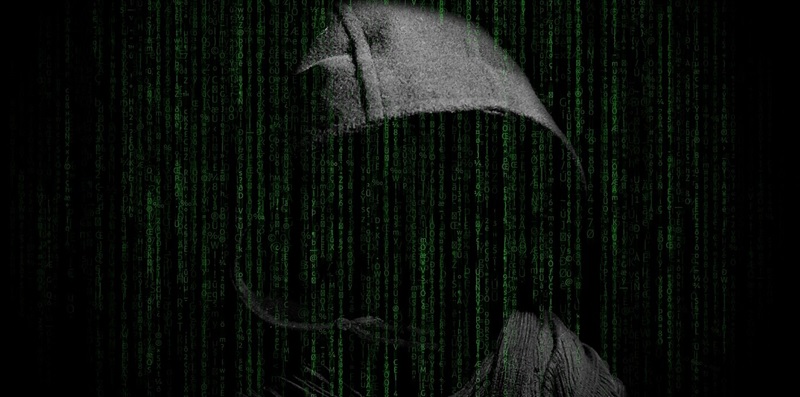The rogue state of North Korea has been using its skilled hackers to target the cryptocurrency industry, amassing an estimated $3 billion in stolen funds over the past six years. This alarming trend highlights the significant threat posed by North Korean hacking collectives and their relentless efforts to exploit the growing popularity of cryptocurrencies for financial gain. In this article, we delve into the increase in hacking activities, the role of North Korean hacking collectives, the conversion of stolen cryptocurrency, the funding of military and weapons programs, the correlation between cryptocurrency theft and missile launches, and the misuse of personal information. Additionally, we provide recommendations on how organizations can protect themselves against such cyberattacks.
Increase in North Korean Hacking Activities
North Korea has significantly ramped up its focus on the cryptocurrency industry since 2017. In this period, they have successfully stolen an estimated $3 billion worth of cryptocurrency. This surge in hacking activities can be attributed to the expanding adoption of cryptocurrencies and their decentralized nature, which presents lucrative opportunities for cybercriminals.
Role of North Korean Hacking Collectives
Several hacking groups, including Kimsuky, Andariel, Lazarus Group, and others, have played a significant role in North Korea’s hacking campaigns. These groups were responsible for an astonishing 44% of all stolen cryptocurrency in the past year alone. Their sophisticated tactics and expertise in cyber warfare pose a serious threat to the security of the cryptocurrency industry.
Conversion of Stolen Cryptocurrency
To maintain anonymity and evade anti-money laundering measures, North Korean threat actors quickly convert stolen cryptocurrency into fiat currency. They employ various methods, such as using stolen identities and altering photos, to deceive detection systems. This enables them to exploit the stolen funds without leaving a trace.
Funding Military and Weapons Programs
Cryptocurrency theft serves as a significant revenue source for the North Korean regime, primarily utilized to fund their military and weapons programs. The stolen funds flow into the regime’s coffers, enabling them to further develop their military capabilities, including missile technology. This illicit funding strategy poses a grave concern to global security.
Increase in Cryptocurrency Theft and Missile Launches
It is noteworthy that the volume of stolen cryptocurrency and North Korea’s missile launches has witnessed a simultaneous increase. The funds acquired through hacking activities potentially contribute to the regime’s aggressive missile testing and development programs. This alarming correlation is a clear indication of how North Korean hackers exploit the cryptocurrency industry to further their geopolitical goals.
Individuals who fall victim to North Korean hacking attacks may have their personally identifiable information misused for money laundering purposes. North Korean hackers employ various tactics to set up accounts for the laundering process, utilizing the stolen identities of innocent individuals. This highlights the urgency for individuals and organizations to secure their personal information.
To guard against North Korean hacking campaigns, organizations should prioritize employee training on monitoring, detecting, and reporting social engineering and phishing attempts. Additionally, implementing robust multi-factor authentication measures can significantly enhance security and reduce the risk of unauthorized access.
North Korean Hacker Strength
It is estimated that North Korea has a formidable army of 6,000 hackers. These skilled individuals are utilized not only for financial gains but also for intelligence gathering purposes. This vast pool of cyber expertise further substantiates the significant threat posed by North Korean hacking collectives.
The exploitation of the cryptocurrency industry by North Korean hackers is a pressing concern for global cybersecurity. With an estimated $3 billion stolen over the past six years, the financial gains derived from cryptocurrency theft have become a vital revenue source for the North Korean regime’s military and weapons programs. As the volume of stolen cryptocurrency rises alongside the number of missile launches, it is crucial that individuals and organizations implement stringent security measures to protect themselves from these sophisticated cyber threats. By staying vigilant and adopting proactive security practices, we can collectively mitigate the risks associated with North Korean hacking campaigns and safeguard the integrity of the cryptocurrency industry.

